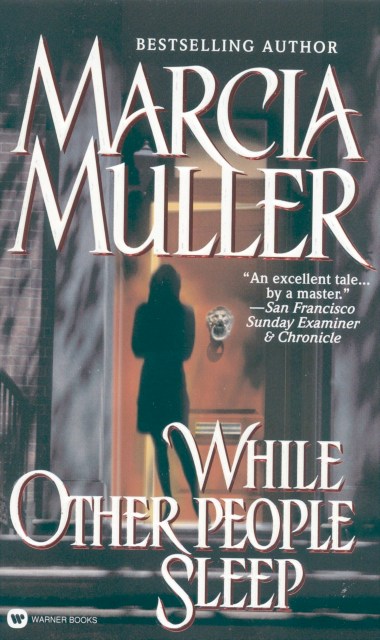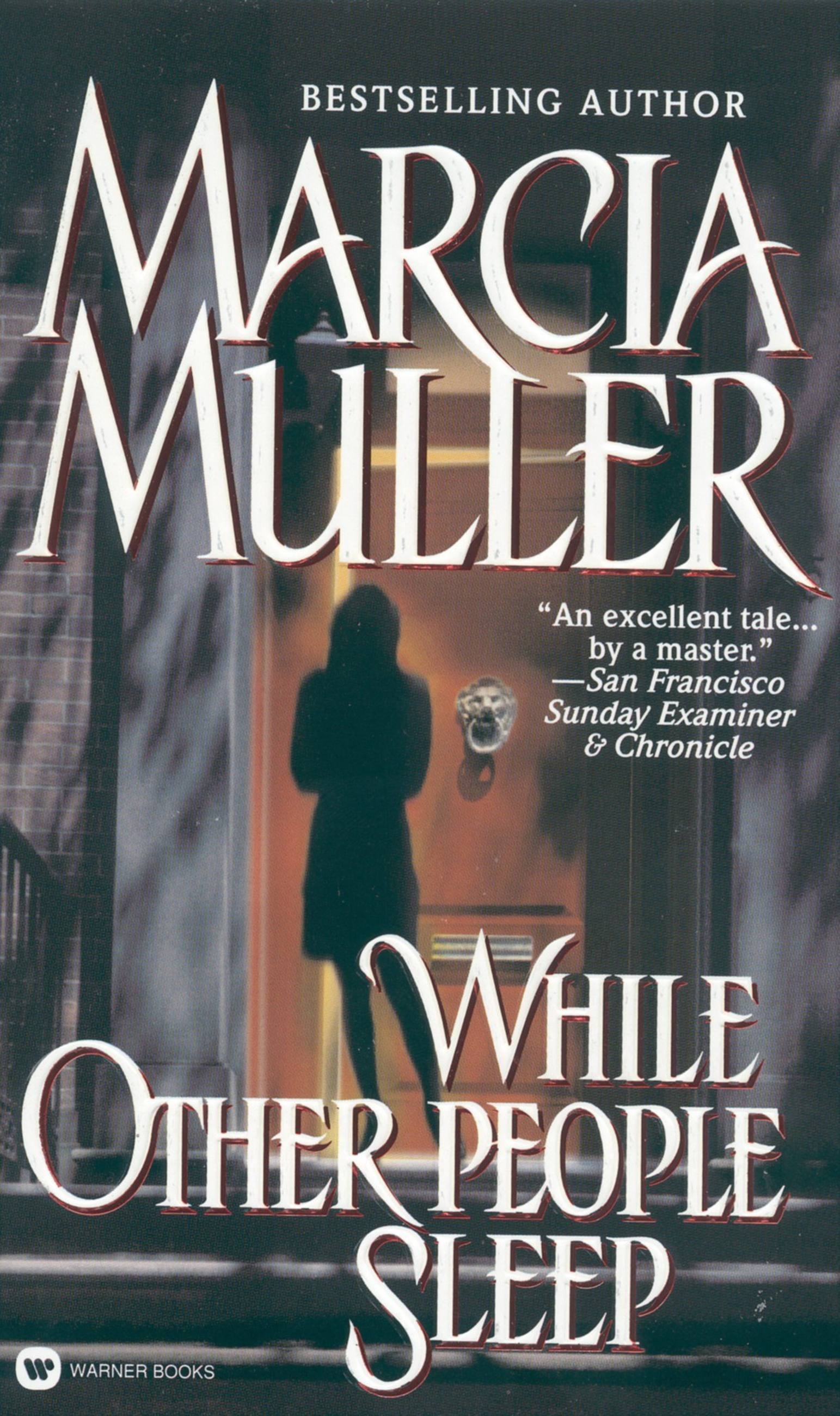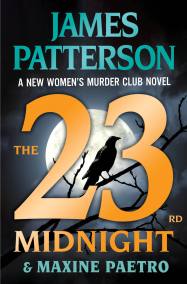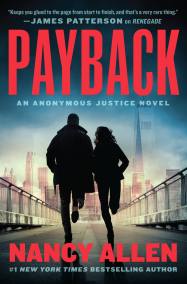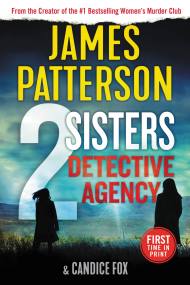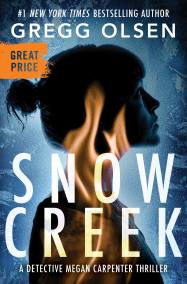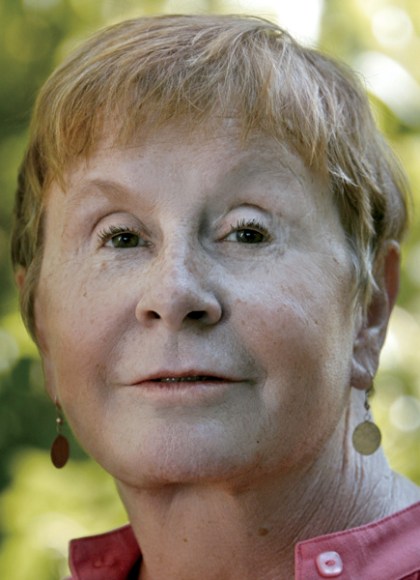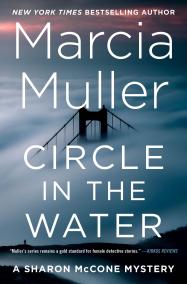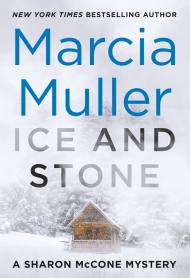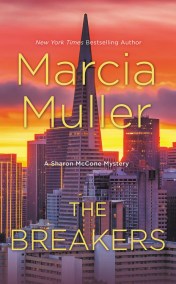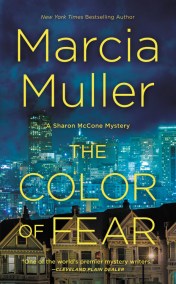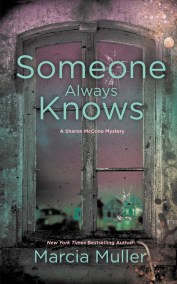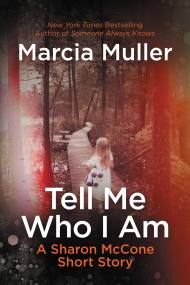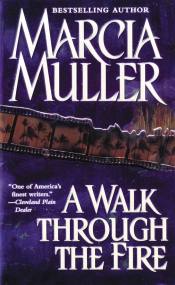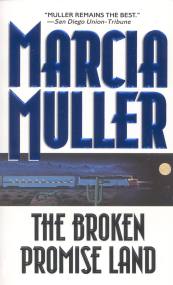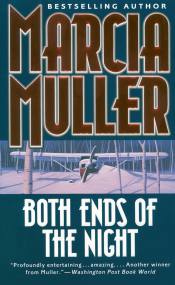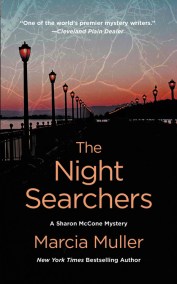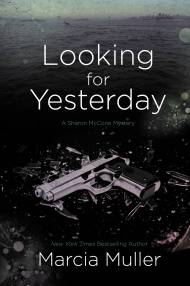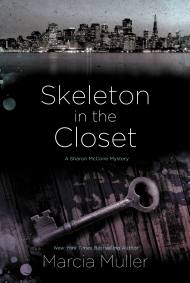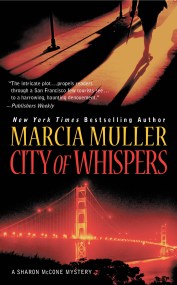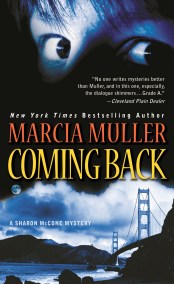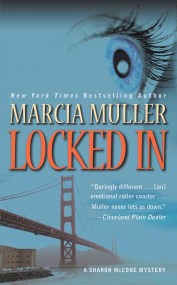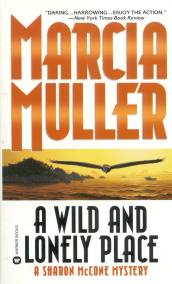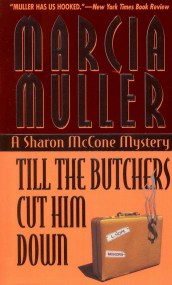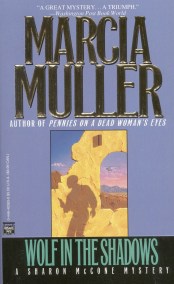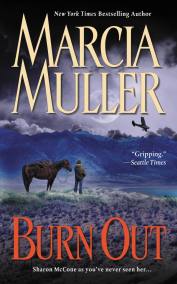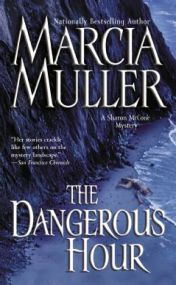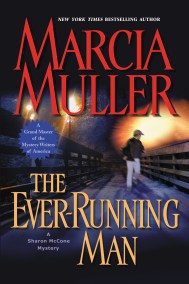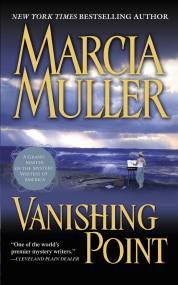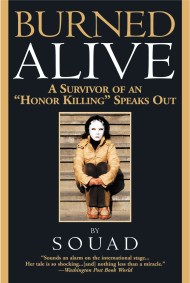By clicking “Accept,” you agree to the use of cookies and similar technologies on your device as set forth in our Cookie Policy and our Privacy Policy. Please note that certain cookies are essential for this website to function properly and do not require user consent to be deployed.
While Other People Sleep
Contributors
Formats and Prices
- On Sale
- May 1, 1999
- Page Count
- 304 pages
- Publisher
- Grand Central Publishing
- ISBN-13
- 9780446607216
Price
$21.99Price
$28.99 CADFormat
Format:
- Mass Market $21.99 $28.99 CAD
- ebook $5.99 $7.99 CAD
This item is a preorder. Your payment method will be charged immediately, and the product is expected to ship on or around May 1, 1999. This date is subject to change due to shipping delays beyond our control.
Buy from Other Retailers:
With her agency going great guns, Sharon McCone is known as one of the best detectives in the business…until her reputation is threatened by an impostor. The woman’s resemblance to McCone is uncanny. Her knowledge of McCone’s life is chilling. And with lover Hy Ripinsky away on business, McCone is alone as the double insidiously sabotages McCone’s career, invades her home, and leads her into a deadly game of cat and mouse through San Francisco’s underworld. Now, with professional detachment giving way to blinding rage, McCone is fighting for her life. But her very essence is also at stake…as a hunger for personal justice overrides her fiercely held ethics and lets loose a primeval urge for revenge.
Series:
Newsletter Signup
By clicking ‘Sign Up,’ I acknowledge that I have read and agree to Hachette Book Group’s Privacy Policy and Terms of Use
